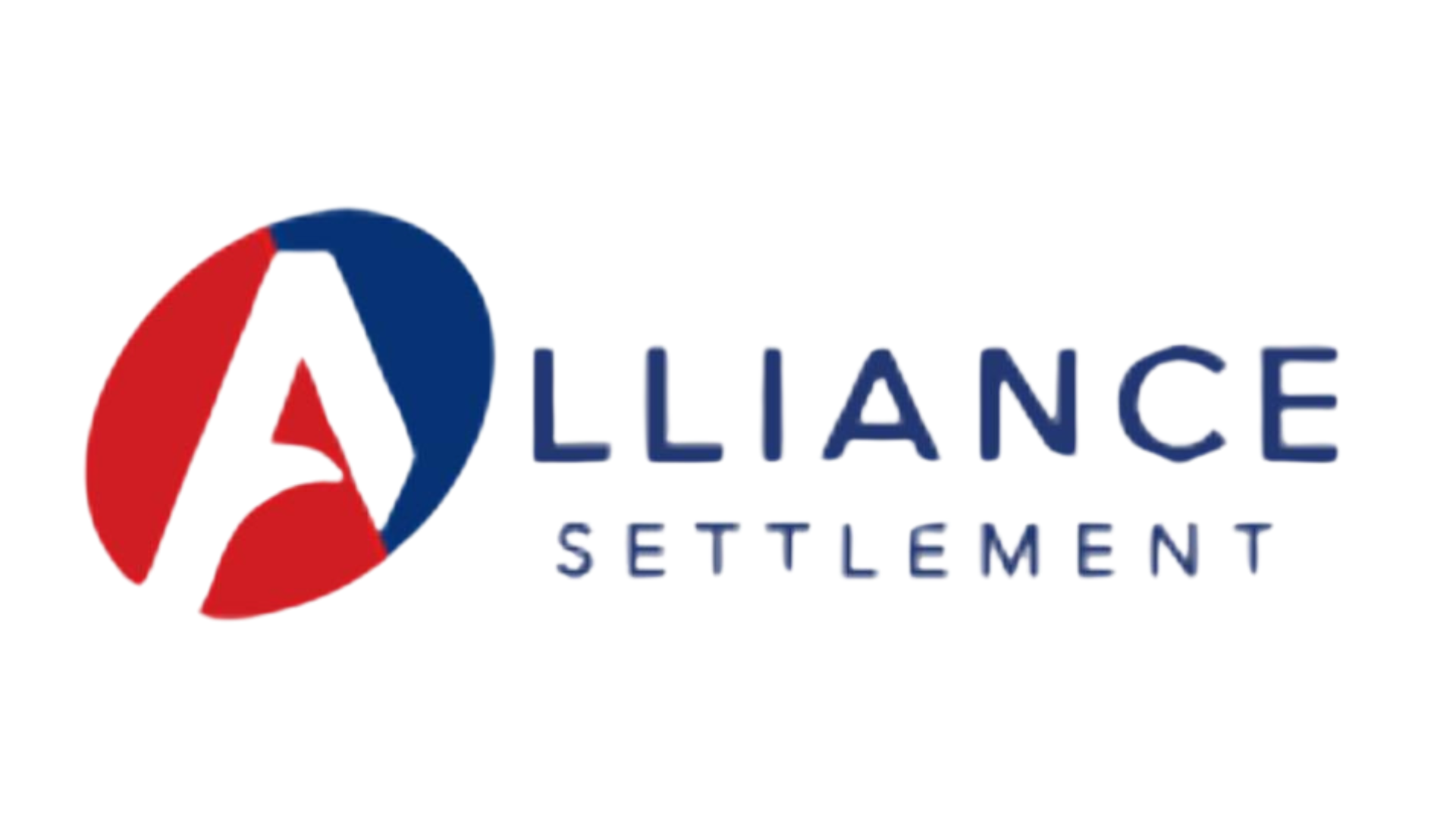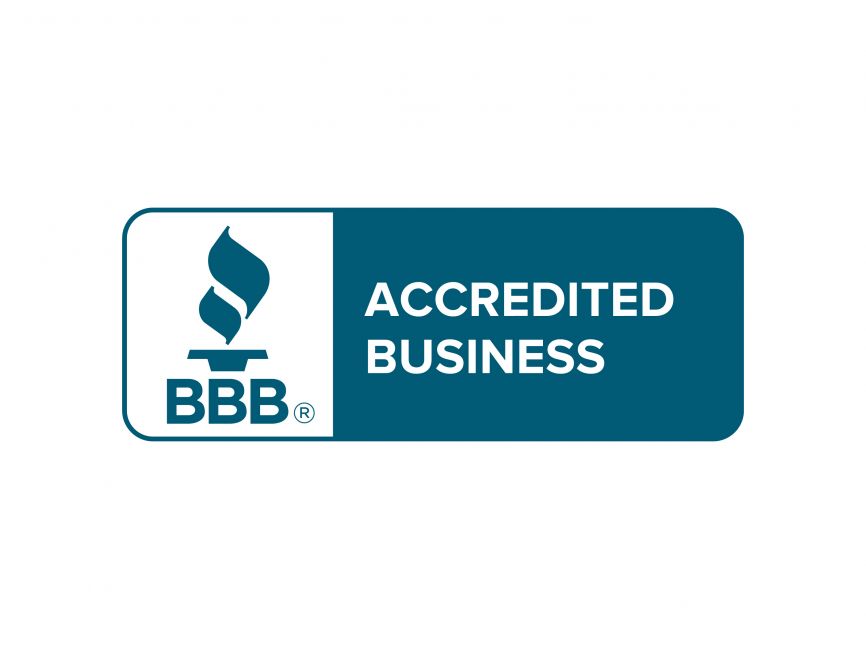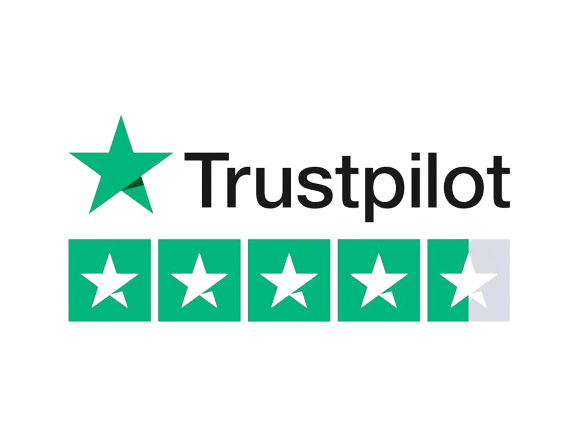What If I Can't Pay My Credit Cards During The Pandemic
Before we even get started, there is something you need to do first.
Breathe.
Seriously. Take a moment. Give yourself a full minute before going on and— just— breathe.
Things look like they are getting better out there. People we haven’t seen or heard from are making appearances. That really is wonderful.
But so many of us are still facing intense uncertainty in our lives due to the pandemic.
The furloughs and layoffs and closed schools and surprise quarantines and sick family members and frightened children and canceled plans and…
Wait. Stop. Breathe.
We’re all feeling it to some extent.
There is still a great deal of chaos and uncertainty boiling underneath the surface of what looks like a promising return to relative normalcy. There are countless unknowns. Countless scenarios everybody is experiencing and navigating.
We at Alliance Settlement can’t solve all of these unknowns, but we can help with credit card debt.
If you can’t pay your credit cards during the pandemic, there are options.
Every situation will be unique and will require a thorough review of your circumstances to make sure you are considering all factors. However, take the time to review options available to you and use any possible resources for credit card help during the pandemic. You very well may find just the help with credit card debt that you need.
The First Line of Defense
Depending on your financial situation, you may still have an emergency fund. Suppose you were in the habit of saving regularly and maintained some savings. In that case, this may be just the reason you’ve been saving those funds.
Even if you haven’t lost your job or don’t feel like you are in an “emergency”, it is vital to consider the consequences of missing a payment on a credit card. Even one missed payment can wreak havoc on your credit score. It can cause your interest rate to skyrocket to a default APR. That one missed payment can ultimately send your finances into a tailspin.
It may not feel like an emergency yet. If you do fall behind, though, it can quickly become one.
It may be necessary to redefine “emergency,” as preventing an emergency is precisely why you want to have an emergency fund.
A common suggestion is to have 3-6 months of living expenses set aside in an emergency fund. We generally think of this as being reserved for job loss or some other major catastrophe. It is really intended to be the first line of defense against any financial turmoil. When you can’t pay your credit cards during the pandemic, this would undoubtedly be an excellent time to use those funds to prevent further hardship.
If your regular income is not quite enough to make your minimum payment, now is the time to tap into the cache.


Consider A Balance Transfer
Depending on your situation, you may want to consider a balance transfer before looking at more drastic options such as a debt relief program or the other options listed below.
A balance transfer is a relatively straightforward way to move debt from one account to another, ideally with a lower interest rate. The lower rate would result in a reduced monthly payment, making the debt more affordable for you.
If you can qualify for a new account with a promotional offer—such as 0% interest for a year— this can make the difference between falling behind on credit cards and staying on track.
One important consideration is to make sure it will be a complete solution. Suppose you can open a new account, but the limit won’t be high enough to transfer the entire amount of troublesome debt. In that case, it is only a partial solution. Most of the time, this results in trouble because you still have a balance with a high interest rate, and now there is room to make more charges since there is more credit available.
Most folks who are having trouble are best to transfer the entire balance to the new account and close the old accounts. This way, you won’t be tempted to use the old accounts. So many people have found it necessary to enter into debt relief programs due to this common oversight.
The Consolidated Appropriations Act- 401k Withdrawals
Just like an emergency fund, many of us do have a 401k working hard behind the scenes to prepare us for retirement. Usually, it is earmarked specifically for that- retirement! Between the penalties and tax implications, not to mention the lost interest gains and difficulties during retirement, it usually isn’t a great idea to tap into this other than in dire situations.
Global pandemics seem to change things, though.
If you can’t pay your credit card payments during the pandemic, the Consolidated Appropriations Act extended the penalty waiver on 401k withdrawals through June of 2021.
Under the Act, up to 100k can be withdrawn from a 401k without the 10% penalty that the IRS would usually impose.
The Consolidated Appropriations Act, 2021, also allows for distributions from your 401(k), 403(b), money purchase pension, and government 457(b) plans. You may take up an aggregate amount of $100,000 from any of these accounts without tax penalties. Income tax on these early 401k distributions may be spread over three years, easing that side of the burden as well.
The Act extends the deadline for distributions for 180 days after the bill was enacted, which should be June of 2021.
If you are on the fence about using your 401k to pay off debt, your mind is in the right place! Usually, it is not a good idea. Let’s look at some quick numbers to see how different we are from “usually.”
In pre-pandemic days, an early withdrawal from a 401k came with an IRS-imposed penalty of 10% of the withdrawal amount. You would also need to pay income tax on the amount withdrawn that tax year, which will vary depending on your income level.
Assuming you are withdrawing $15,000, this would mean you had to give kick $1,500 to Uncle Sam, plus pay income taxes at tax time. Right now, the $1,500 penalty is waived, and the taxes are spread over three years. Much more reasonable!
Now, let’s also factor in the cost of credit card default.
The first thing you can expect when you can’t pay your credit cards is late fees. Credit card issuers charge a late fee when a payment is even just a few days late. This fee is usually around $30. Sure, $30 isn’t Earth-shattering when it happens once on one account. It adds up fast, though! The average American credit card user has four cards. Falling behind on all of them would leave you paying $120 in late fees each month.
Now, this is where things get interesting.
(Is it even a dad joke if you don’t call attention to it?)
The average credit card interest rate is about 16%. The average default interest rate (what your rate skyrockets to when you fall behind) is about 29%.
Using a credit card interest calculator, we learn that $15,000 in debt with a 16% interest rate would cost about $4,459 in interest by making typical minimum payments.
Using the same calculator and only changing our interest rate to the default rate of 29%, that $4,459 turns to a debilitating $20,521. That’s on top of your $15,000 in principal!
In normal circumstances, we should avoid pulling from our 401k prematurely. Given these numbers, it is very clear. If you can’t pay your credit cards during the pandemic, considering that resource to avoid falling behind on your accounts.
Student Loan Deferment
Under the CARES Act, most federal student loan payments have gone into deferment. They also reduced interest to 0% and paused collection activity through September 30, 2021.
This inclusion has been beneficial for borrowers already feeling overburdened by student loans even before the pandemic.
Many people have continued making payments to get ahead while the interest is frozen. This is a wonderful approach if it is affordable. If you can’t pay your credit cards during the pandemic, though, the deferment can help you keep those credit cards current.
Hands-On Help
Given the unique circumstances we are all experiencing, a fair amount of grace is being extended amongst our fellow humans. We’ve been pleased to learn that creditors have been willing to help their cardholders who can’t pay their credit cards during the pandemic.
The specifics of how they can help, including possible drawbacks, will vary from one creditor to the next and even one borrower to the next. Some things that will factor in are your hardship and customer history with them.
To see how credit card companies will help during the pandemic, you’ll need to reach out to them. Some companies let you initiate request help online. Most require you to call in to discuss your circumstances. Setting aside some time to have an open conversation will help you learn of any debt relief options they are offering.
If you only have a few creditors, making the calls to get help with credit cards due to the pandemic should not be too much trouble. If you have many accounts, it can be overwhelming. Speak with a credit counseling agency or a Debt Advisor at Alliance Settlement if you would prefer to leave it to a professional.
Remember that there may be drawbacks to the options your creditor offers. Make sure you ask and understand the pro’s and the con’s. What kind of impact will their hardship program have on your credit? Will it affect your eligibility for future accounts? Can they lower your credit limit because of this? All of these are essential items to ask while speaking with them about their hardship programs.
Also, Experian published a spectacular resource of many creditors and links to their specific programs. As much as we would have loved to be the one to compile such a resource, we’ll give credit where credit is due and suggest you take a look there.
Credit Counseling Service
Credit Counseling agencies help consumers with a variety of personal finance-related matters. They offer assistance with your credit card payments under what is called a debt management plan.
Usually, working with a Credit Counseling agency would probably be more effective than calling creditors directly. Due to the pandemic, though, the average interest rate of 8% usually obtained with a debt management plan may be higher than what is being offered directly by credit card issuers.
If you have not had luck contacting your creditors directly, a debt management plan may be a perfect next step. Keep your expectations realistic- they won’t likely be able to make your interest disappear. However, even a few percentage points can make a big difference in your payments.
Alliance Settlement Debt Relief Programs
While we hope you’ll be able to overcome your debt difficulties on your own, sometimes you will need a helping hand. If you are still struggling to pay your credit cards due to the pandemic, Alliance Settlement is ready to help.
Call us today, or request a debt relief consultation with one of our Debt Advisors. We will consider your unique situation to create an affordable plan of action to deal with the debt.
Whatever you chose to do, don’t forget- breathe.










